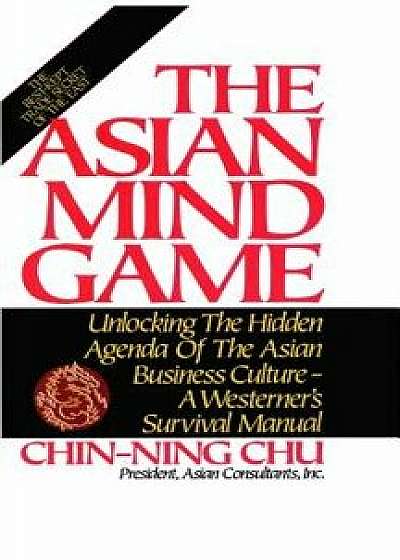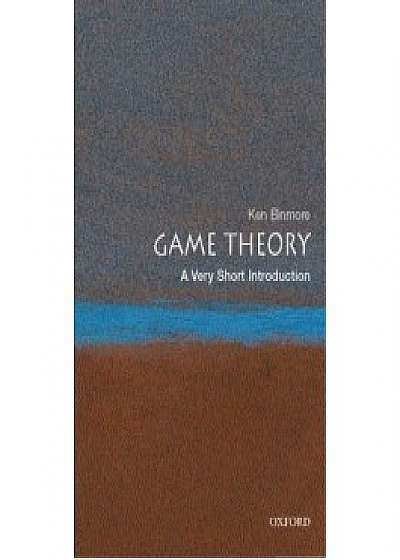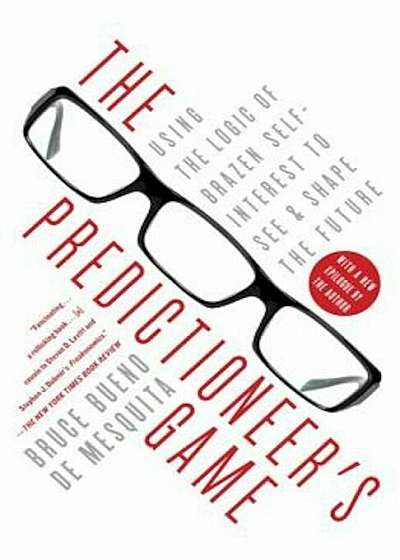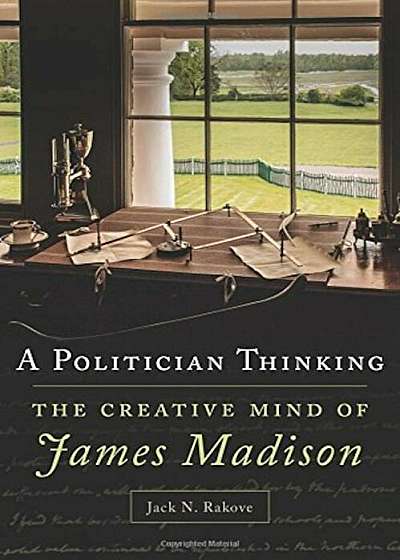
Political Mind Games: How the 1 procente Manipulate Our Understanding of What's Happening, What's Right, and What's Possible, Paperback
Descriere
Contributor(s):Author: Roy Eidelson In Political Mind Games, psychologist Roy Eidelson presents a unique and illuminating framework for understanding and combating the manipulative ploys of the 1%. He explains exactly how the rich and powerful mislead the American people--about what's happening, what's right, and what's possible--by targeting basic questions we ask ourselves everyday: Are we safe? Are we being treated fairly? Who should we trust? Are we good enough? Can we control what happens to us?Our doubts and confusion about these issues enable today's plutocrats to craft messages artfully designed to misdirect our outrage, fragment our opposition, and garner our support for an agenda that serves only the privileged few. That's how so many have come to believe that climate change is a hoax, taxes are too high, the military budget is too low, public education needs privatization, workers have it too easy, voter fraud is everywhere, healthcare isn't a fundamental right, poverty is deserved, and more. Recognizing and countering the 1%'s destructive mind games--including ""It's a Dangerous World,"" ""We're Fighting Injustice,"" ""They're Devious and Dishonest,"" and ""Change is Impossible""--is an urgent matter for anyone interested in charting a different course. From Washington DC to Wall Street and beyond, Eidelson's timely analysis exposes and debunks the lucrative lies and false promises that preserve extreme inequality and betray the common good. Political Mind Games is a new and valuable resource for progressive efforts to build a more decent society. Roy Eidelson, Ph D, is the former executive director of the University of Pennsylvania's Solomon Asch Center for Study of Ethnopolitical Conflict and a past president of Psychologists for Social Responsibility. His work focuses on applying psychological knowledge to issues of social justice and political change. His writing has appeared in a variety of scholarly peer-reviewed journals and other outlets including the Washin





